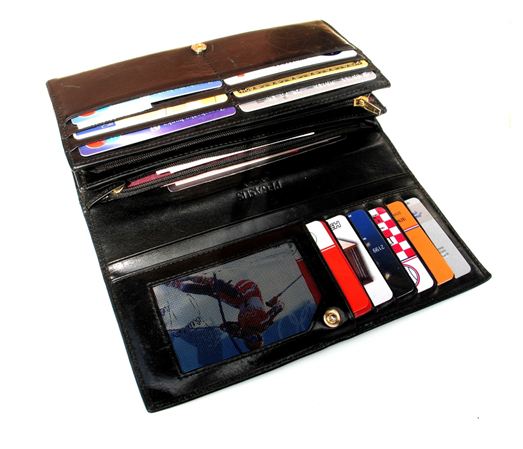
Financial experts advise college students to use debit cards rather than credit cards. College students with limited budgets may not pay credit
card balances in full each month. Interest and finance charges increase debt and continue the cycle. Debit cards only allow students to spend money in their accounts and do not incur interest or finance charges.
Students who need money for educational expenses, including living expenses, should contact the Office of Scholarships and Financial Aid for student loan information. Terms for student loans are usually better than those for credit cards. For students who still want or need a credit card here are Six Simple Rules for Student Credit Card Use.
Six Simple Rules for student Credit Card Use:
----------------------------------------------
1. One is enough. Multiple cards simply mean multiple bills and payments that add up even faster. How many times do you pay for that “free T-shirt” in interest and fees?
2. Read the fine print. Look for and understand grace periods, finance charges, late or missed payment charges, two-cycle billing, and annual fees. Is the interest rate fixed or variable and how does it change after late or missed payments, or exceeding your credit limit? Watch for changes in terms.
3. Do not carry the credit card with you. It is less likely to be lost or to be used for impulse purchases. Do you really want to pay interest on lattes or pizza?
4. If you use it try to pay the balance in full and on time. You avoid interest and fees and build your good credit.
5. If you cannot pay in full ALWAYS pay more than the minimum. The minimum balance is designed to make the credit card company maximum profit.
6. Keep good records. Notify the company of any change of address. File all statements with a record
of your payments. Keep the card number and the phone number to call if the card is ever lost or stolen.
Parents are encouraged to discuss finances with their students, including the student’s use of debit cards, credit cards, and the university NCard. If your student has a credit card for emergency use, make sure you agree on what does and does not constitute an emergency.
Many families help pay charges to the student’s consolidated bill, such as tuition, fees, and housing. Since NCard purchases around campus are also charged to that account, it is a good idea to discuss who will be responsible for which charges, such as copying or printing, books and supplies, or vending machines and food in the Union. Charges appear on the student’s consolidated bill and must be paid in full each month. For information about UNL student
accounts including Frequently Asked Questions (FAQ), visit this web page http://stuaccts.unl.edu.
The NCard can also be connected to a Wells Fargo account and be used as a debit card. For information about services and policies regarding the NCard see, http://ncard.unl.edu.
For additional questions and assistance, your student can visit the UNL Student Money Management Center (http://www.unl.edu/smmc).
For information on credit cards, debit cards and other consumer banking resources visit this website from the U.S. Financial Literacy and Education Commission: http://www.mymoney.gov.
Article provided by JoAnn Moseman, Academic Transfer Coordinator, Undergraduate Education Programs.